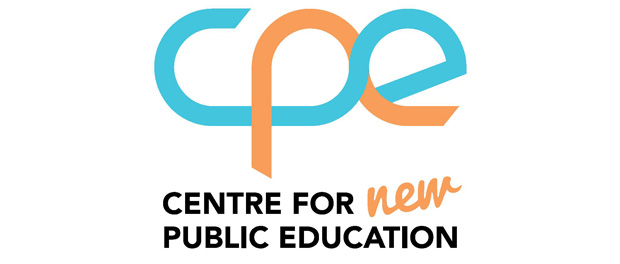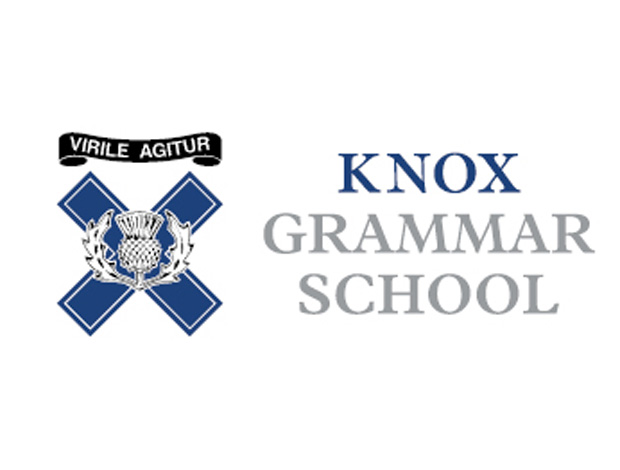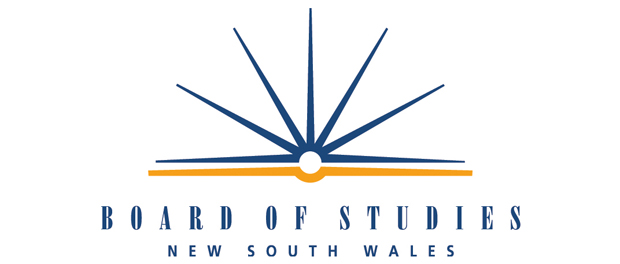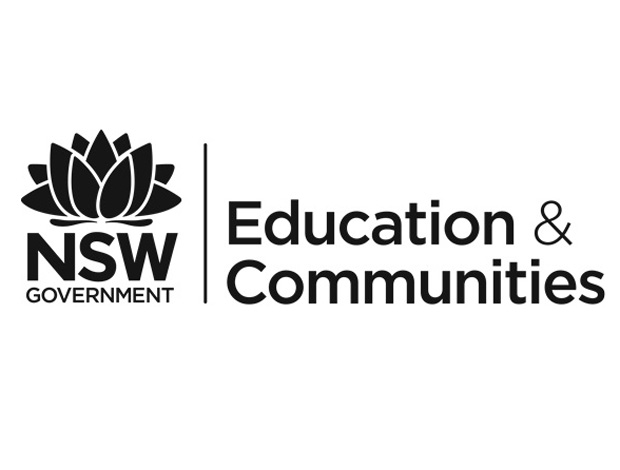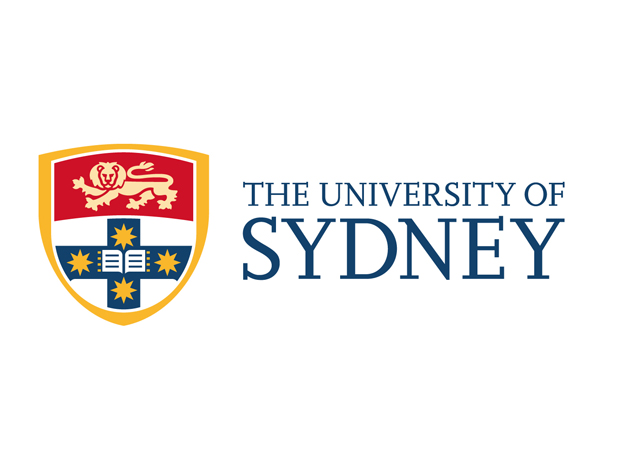Ricky Campbell-Allen is the Director of the Centre for New Public Education, an advocacy initiative of the Foundation for Young Australians (FYA) and Head of Education for FYA. With experience in managing federal education reform programs in the USA, consulting, managing an outdoor education company, teaching and leading in Sydney schools and holding various roles in professional, faith and community organisations (including in Nepal and Ethiopia), she has extensive experience in the fields of educational policy and practice.
A bit more about the work of CNPE (from their website):
What do we do?
The Centre for New Public Education is an advocacy initiative dedicated to building a fairer and future focused education system for all young Australians.
How do we achieve this?
We work for change by using a range of tactics, including stakeholder engagement, policy analysis and convening alliances.
Why are we doing this?
CNPE believes all young people, regardless of their background, should have access to an education which gives them the skills, knowledge and capabilities to thrive in their future life and work.
What do we want to achieve?
|
I was very interested to hear from Ricky about the Student shout-out (SSO) campaign which consulted and engaged 4,500 students across Australia, enabling them to ask questions of key stakeholders and decision-makers in Education. The students’ perspective was communicated through a detailed findings report presented to a Senate Inquiry. As a result of the significant interest in the report, SSO students appeared as witnesses to the Senate hearings. This was the first time that students appeared before a Senate Inquiry as expert witnesses on/to education.
The SSO consultation model pilot in 2012 revealed there is an appetite from government for more student engagement in and consultation on education. This indicates a greater recognition of students as a key stakeholder group that can be leveraged to instigate change at the classroom, school and system level. This aligns well with CNPE’s goals to make education fairer, more learner-shaped and future-focussed.
The CNPE also offers workshops for learners in schools to learn about increasing their agency and running a campaign. These can be delivered face-to-face or online. In either case, students identify a school-based or general education issue then have six weeks to enact change. This involves teamwork and they are encouraged to engage with media, local officials and government representatives. This very active and participatory approach to citizenship allows students to exercise critical skills both in the deconstruction of communication but also in the construction of their campaign content. Ricky explained that some of these campaigners go on to become ‘young people pioneers’ who empower their peers to become involved in social enterprise, to ‘galvanise the potential of their communities’ and to enact social change. It is these young people who are best equipped to cause systemic change later in their lives.
When I highlighted that some teachers in the UK feel uncomfortable with ‘teaching’ critical literacy owing to its potential to cause unruly schools with defiant students, Ricky laughed. She is keenly aware that Australian young people feel ill-prepared for their future in an ever-changing world. For teachers to insist on perpetuating the status quo is to do an immense injustice to young people, and to limit their future potential as leaders for educational and social change. It is true that engaging an external non-profit organisation like CNPE is certainly one alternative to compelling teachers to cultivate critical skills across the curriculum, but if the students are to derive greatest benefit from this civic and social education, they must have opportunities to exercise their self-representation in school. To conduct a workshop in a discrete and isolated way is insufficient and irresponsible – it must be carefully, and explicitly, linked to existing ‘student voice’ initiatives in school.
The learning activities offered by CNPE are incredibly inspirational and their success to date is testament to the vision, creativity and passion for public education of all the staff. Ricky has charted new waters in the field of student engagement, social justice and democratic education – I am inspired to set up a branch (Foundation for Young Britons?) in the UK as school leaders, staff and pupils could benefit greatly from this type of additional training and support.
